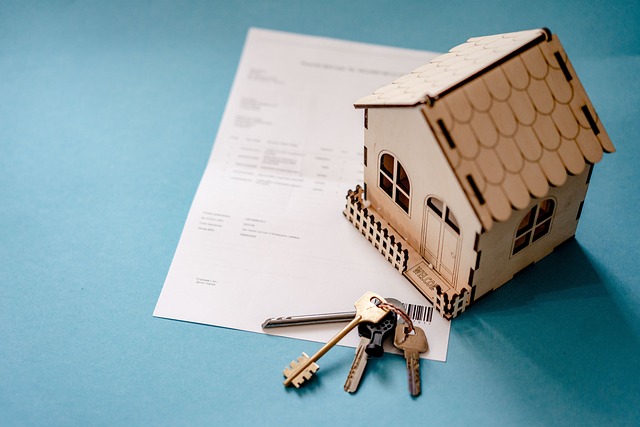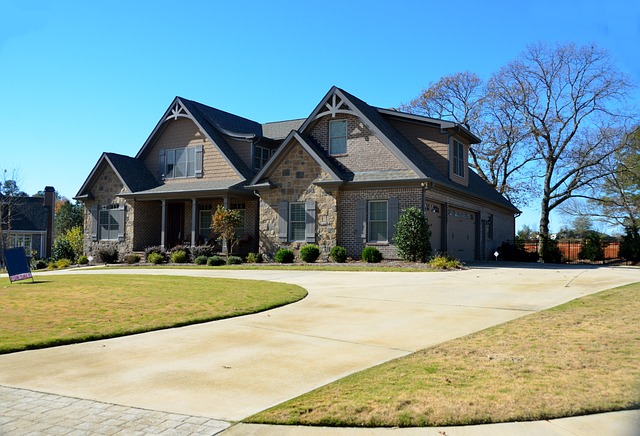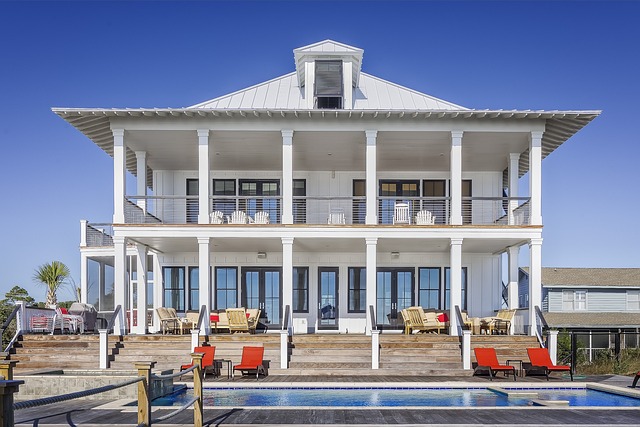Executive Condos (ECs) in Singapore offer premium housing within a regulated framework managed by the Housing & Development Board (HDB). These condos, developed by private developers under HDB guidelines, ensure transparency, fair pricing, and buyer protection. Key steps for purchasing an EC include verifying developer licenses, ensuring proper registration, and engaging legal professionals for document verification. Construction is strictly regulated by the Building and Construction Authority (BCA), maintaining high quality and safety standards. EC tenants enjoy secure 99-year leases with exclusive occupancy rights while adhering to HDB regulations on rent, maintenance, and community rules, making them a popular choice in Singapore's competitive real estate market.
In Singapore, Executive Condos (ECs) offer an attractive option for homeownership, featuring modern designs and prime locations. However, understanding the legal framework surrounding ECs is crucial before investing. This article delves into the key legal considerations, including ownership and registration, development laws, and tenancy rights, providing a comprehensive guide to navigating the available ECs in Singapore. By exploring these aspects, potential buyers can ensure a smooth transition into their new homes.
- Understanding Executive Condos and Their Legal Framework in Singapore
- Ownership and Registration: Key Legal Aspects to Consider
- Development and Construction Laws Governing Executive Condos
- Tenancy and Leasing: Legal Rights and Obligations for Residents
Understanding Executive Condos and Their Legal Framework in Singapore

Executive Condos, a unique housing concept in Singapore, are a form of government-supported housing designed for high-income earners. These condos operate within a specific legal framework aimed at ensuring affordability and providing a balance between private sector developments and social housing. In Singapore, the Housing & Development Board (HDB) plays a pivotal role in managing and regulating Executive Condos, implementing policies that dictate eligibility criteria, sales procedures, and rental regulations.
The available ECs in Singapore are primarily developed by private developers under HDB’s guidelines. These properties offer a middle ground between private condominiums and public housing, catering to individuals or families seeking more premium living options without the long-term commitment of owning a HDB flat. The legal framework surrounding these condos ensures transparency, fair pricing, and protection for both buyers and renters, fostering a sustainable and vibrant residential market.
Ownership and Registration: Key Legal Aspects to Consider

In Singapore, ownership and registration of Executive Condos (ECs) are governed by specific legal frameworks designed to protect buyers and ensure transparency in the real estate market. When purchasing an EC, understanding these key legal aspects is crucial. The first step involves verifying that the developer holds a valid Developer’s License issued by the Urban Redevelopment Authority (URA). This license ensures the project complies with relevant laws and regulations.
Registration with the Land Registry is another vital legal consideration. Upon completion, the EC must be registered with the URA/Land Registry to transfer ownership. Buyers should ensure that all necessary documents, including the Certificate of Title, are accurately prepared and submitted for registration. This process guarantees a clear title, protecting the buyer from any potential disputes or encumbrances. Additionally, buyers may wish to engage a legal professional to conduct a thorough search of the property’s history, further safeguarding their investment in the available ECs in Singapore.
Development and Construction Laws Governing Executive Condos

In Singapore, the development and construction of Executive Condos (ECs) are governed by a comprehensive legal framework designed to ensure quality, safety, and fairness. The Building and Construction Authority (BCA) plays a pivotal role in regulating the industry through various laws and guidelines. These regulations cover everything from land use planning and project approval processes to construction standards and safety protocols. Developers must adhere to these rules when constructing ECs, which are typically available for purchase by first-time homeowners due to government initiatives aimed at affordable housing.
The Housing and Development Act provides the legal backbone for the development of residential properties, including ECs. This legislation outlines the powers and responsibilities of relevant authorities, sets out procedures for dispute resolution, and ensures that developers meet specific standards. Additionally, the Building Construction Regulations 2014 offer detailed technical specifications and safety requirements that must be followed during construction. These laws collectively ensure that Singapore’s ECs are not only accessible but also maintain high standards in terms of design, quality, and functionality, making them a popular choice for many aspiring homeowners.
Tenancy and Leasing: Legal Rights and Obligations for Residents

In Singapore, Executive Condos operate under a unique legal framework that blends elements of both ownership and renting. Tenants in these properties enjoy certain rights and have specific obligations, distinct from traditional homeownership or leasing scenarios. Understanding these legal considerations is crucial for residents looking to make the most of their EC living experience.
Tenancy agreements for Executive Condos are typically structured as long-term leases, often spanning 99 years. This provides residents with a secure tenure, mirroring freehold ownership but under a leasehold arrangement. Residents have the right to occupy and use the property exclusively during their tenancy period. However, they must adhere to regulations set by the Housing & Development Board (HDB) and the landlord, ensuring timely rent payments, maintenance of the unit, and compliance with community rules. Knowing their legal rights and responsibilities regarding leasing is essential for residents aiming to make informed decisions about their EC home in Singapore’s vibrant real estate market.



